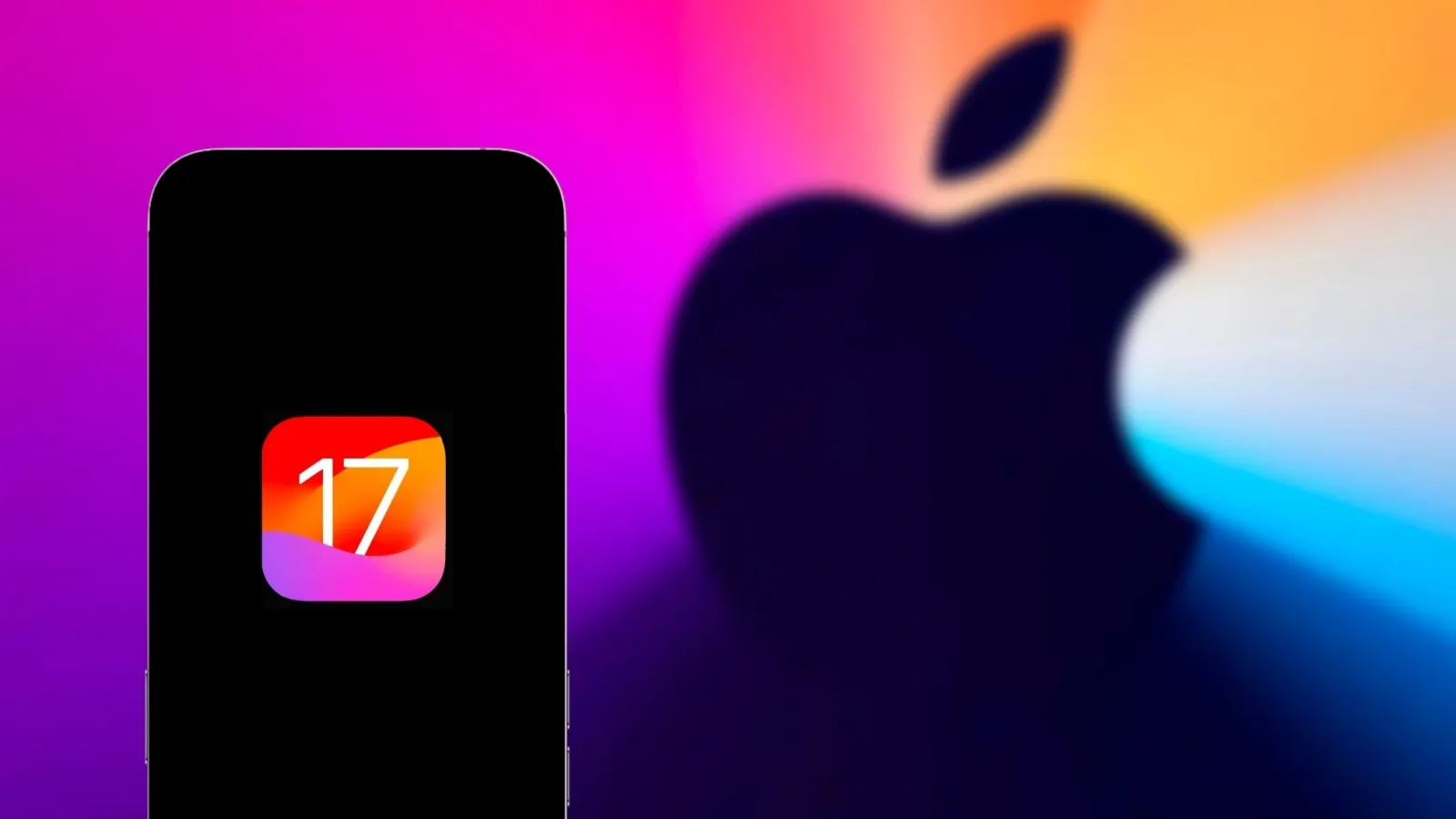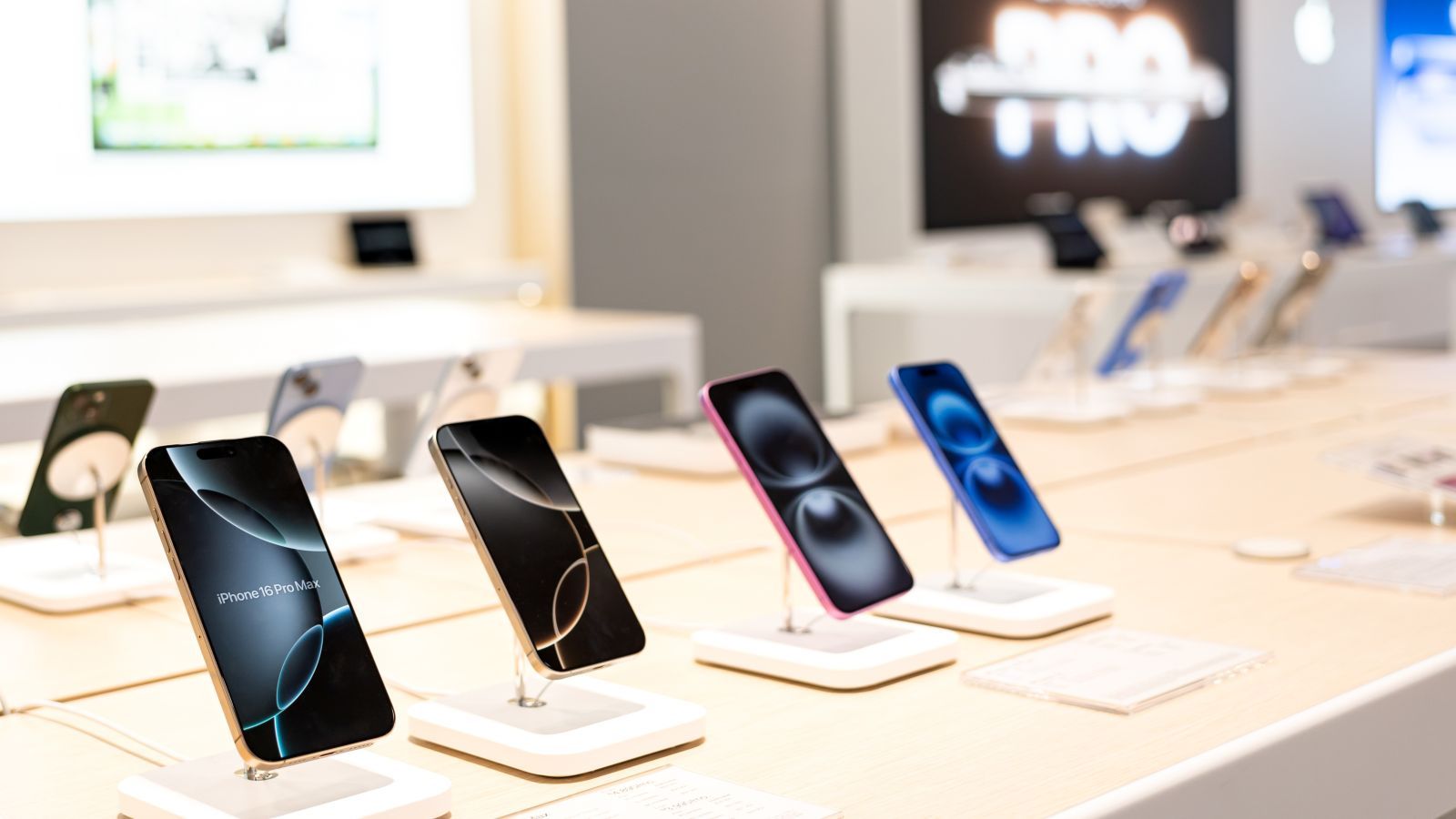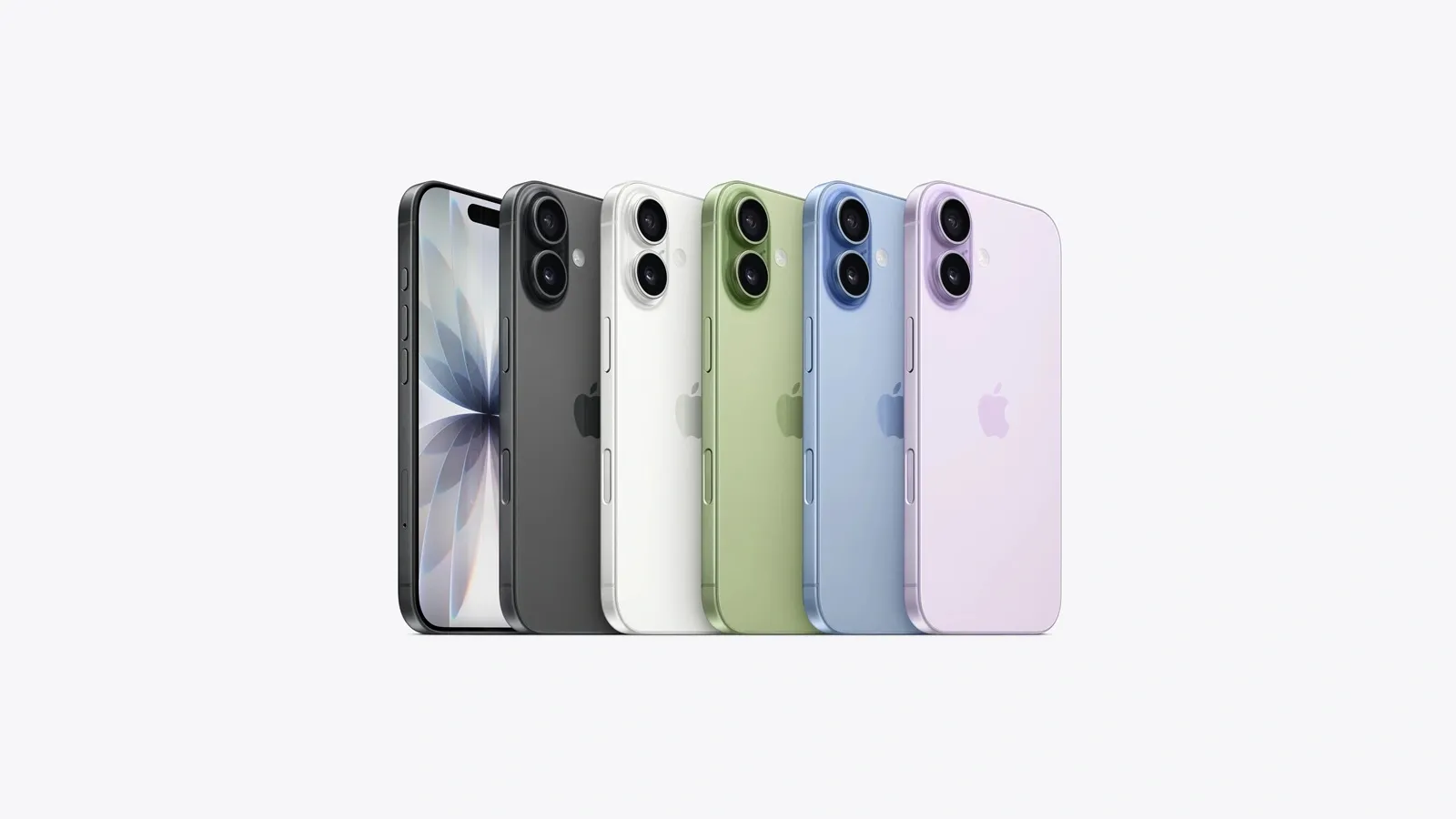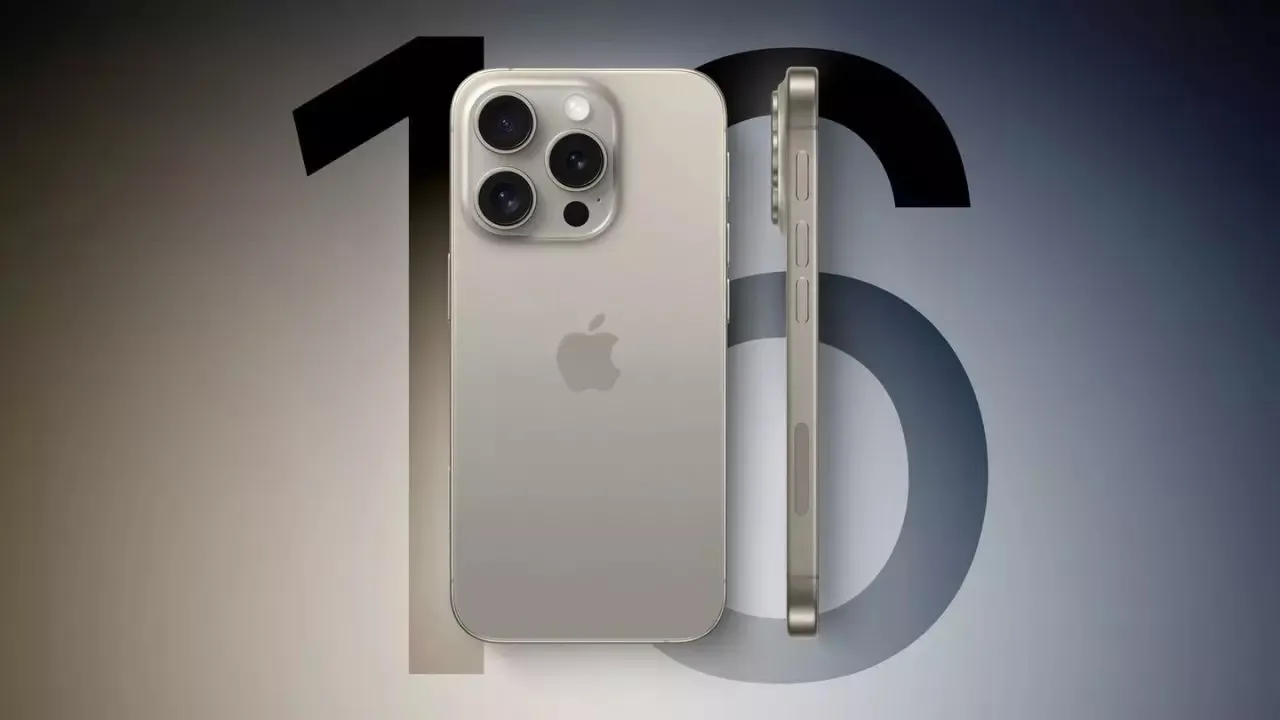Personal Finance News
Why buying a cheaper iPhone 17 abroad might backfire: Legal and warranty risks explained

5 min read | Updated on September 11, 2025, 11:19 IST
SUMMARY
Is it safe to buy an iPhone 17 abroad? Can it lead to legal complications back home in India? We talked to three practicing lawyers to understand the legal implications of buying an iPhone abroad and using it in India. Know what they say

iPhone 17 was launched recently. | Representational image source: Shutterstock
The price of some models of the recently launched iPhone 17 is reportedly cheaper in countries like the US, UAE/Dubai, UK, and Vietnam compared to India.
The affordable price abroad may tempt some buyers to ask their friends and relatives living abroad to buy and bring an iPhone 17 for them. Similarly, those travelling overseas for vacation or business may also be tempted to purchase cheaper iPhones in those countries.
Is it safe to buy an iPhone abroad? Can it lead to legal complications back home in India? We talked to three practicing lawyers to understand the legal implications of buying an iPhone abroad and using it in India. Let's see what they said:
Web of legal requirements
When a person purchases an iPhone abroad and brings it to India, he or she is stepping into a complex web of legal requirements that most travelers underestimate, said Kunal Sharma, Founder and Managing Partner at Taraksh Lawyers & Consultants.
According to the expert, Indian customs law operates on strict liability principles, meaning the lack of awareness doesn't shield a person from consequences.
"Therefore, what seems like a straightforward shopping decision can quickly escalate into serious criminal charges, with penalty structures designed to be punitive rather than corrective," said Sharma.
IMEI registration complications
According to Sharma, India's telecommunications landscape presents another layer of complexity.
"The IMEI registration system isn't merely bureaucratic paperwork; it's backed by serious legal teeth."
Devices operating without proper registration face multiple enforcement mechanisms. Network providers regularly audit their systems, and when discrepancies surface, device blocking follows swiftly.
"I've witnessed cases where expensive devices became completely unusable within months of purchase, leaving owners with costly reminders of regulatory oversight," said Sharma.
Custom duty complications
Kunal Maliramani, Associate at Accord Juris LLP, said if someone purchases an iPhone abroad and brings it to India, the main legal issue is compliance with Indian customs rules.
"Under the current baggage rules, adults returning to India after more than three days abroad are allowed duty-free imports of electronic goods up to ₹50,000, which typically covers one personal phone and one laptop. Any excess value attracts a basic customs duty of 35% plus 3.5% surcharge (effective 38.5%), and such items must be declared at the red channel; failure to declare may result in penalties, seizure, or confiscation."
What if you carry multiple iPhones?
Carrying multiple new iPhones (especially in sealed condition) may be treated as a commercial import and attract full duties and stricter scrutiny, said Maliramani.
What if you bring only one iPhone 17?
Bringing one phone for personal use is legally permissible, but exceeding the allowance without declaring could create complications.
"If a traveller brings an iPhone purchased abroad into India and fails to declare it especially when its value exceeds the ₹50,000 duty-free allowance, the device becomes liable to confiscation under Section 111 of the Customs Act, 1962, and the passenger may face penalties under Section 112, which allows customs to impose a fine up to the value of the goods or the duty sought to be evaded," said Maliramani.
"Further, Section 114A mandates a penalty equal to the duty evaded in cases of misdeclaration or suppression, though this may be reduced if duty, interest, and penalty are paid within 30 days. These constitute civil liabilities, monetary fines coupled with confiscation of the undeclared phone, but serious or repeated infractions can also attract criminal liability under Section 135, leading to prosecution, further fines, and even imprisonment," he added.
Warranty complications
Lawyers say that buying an iPhone 17 abroad may also lead to warranty complications later in India.
"There could be a situation where the warranty of a certain model of the iPhone is available only in a particular country and may not be supported in India. Therefore, in case of any fault in the device, Apple may refuse service," said Shashank Agarwal, Founder, Legum Solis.
Maliaraman also said, "While using the phone in India poses no legal issue, buyers should be aware that Apple generally does not extend warranty or repair services in India for iPhones purchased abroad, meaning repairs may have to be arranged in the country of purchase."
Still want to buy an iPhone abroad? Bring it without a seal
Experts say bringing a single iPhone without a seal may be allowed without any complications at customs.
"If such a phone has been used by the buyer before entering India, it may be brought without any customs duty. However, if the phone is unused and still with the seal intact, then such a phone can only be brought in India without paying a stamp duty if the value of the same is less than ₹50,000. However, in the case of upper-range iPhones, the buyer would be liable to pay customs duty if s/he intend to bring it with the seal intact, said Agarwal.
Related News
By signing up you agree to Upstox’s Terms & Conditions
About The Author
Next Story




